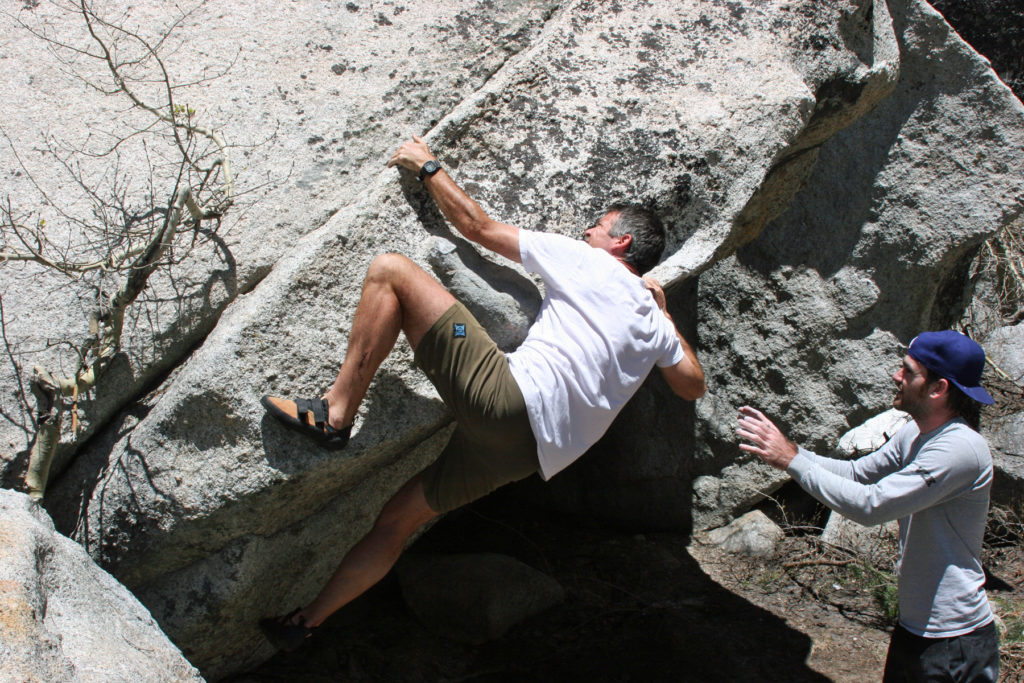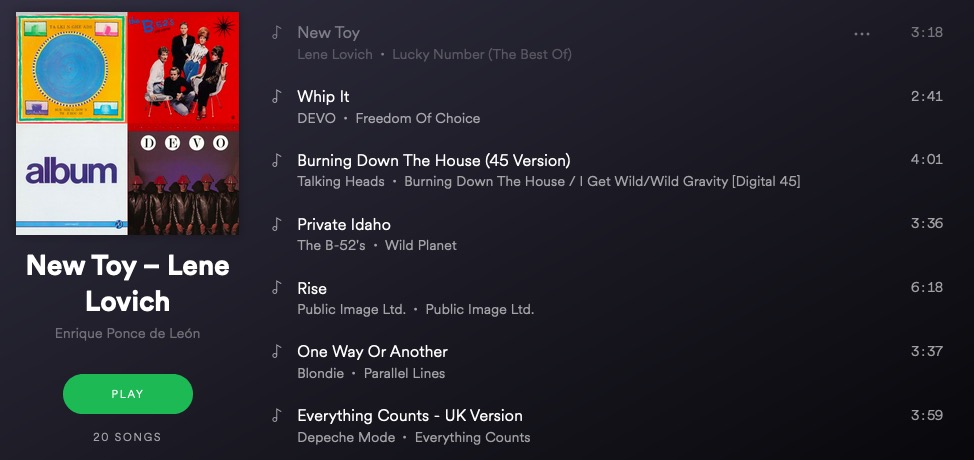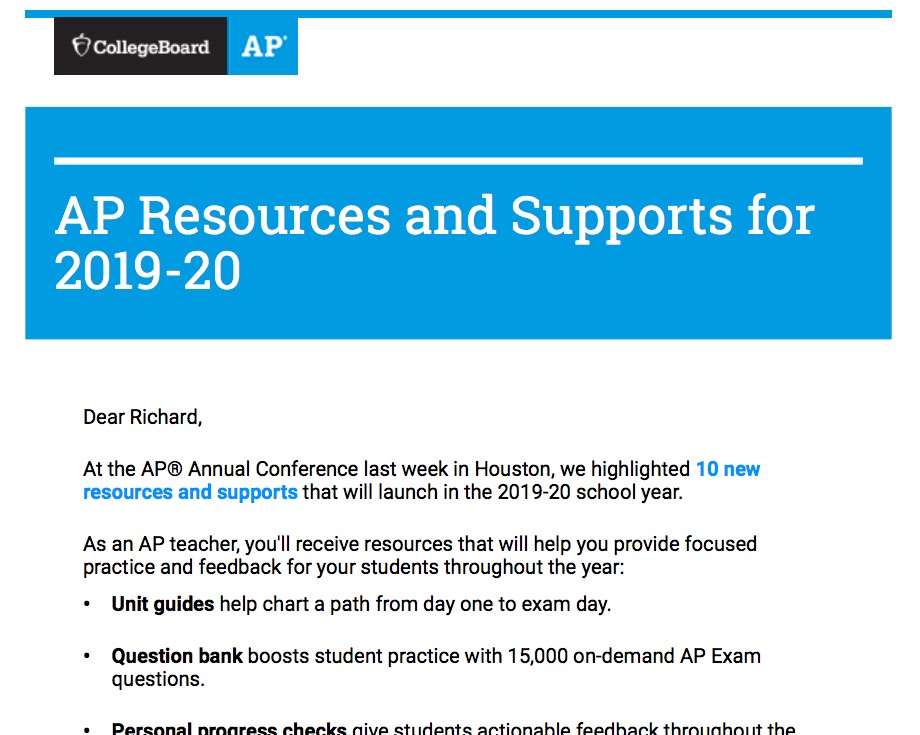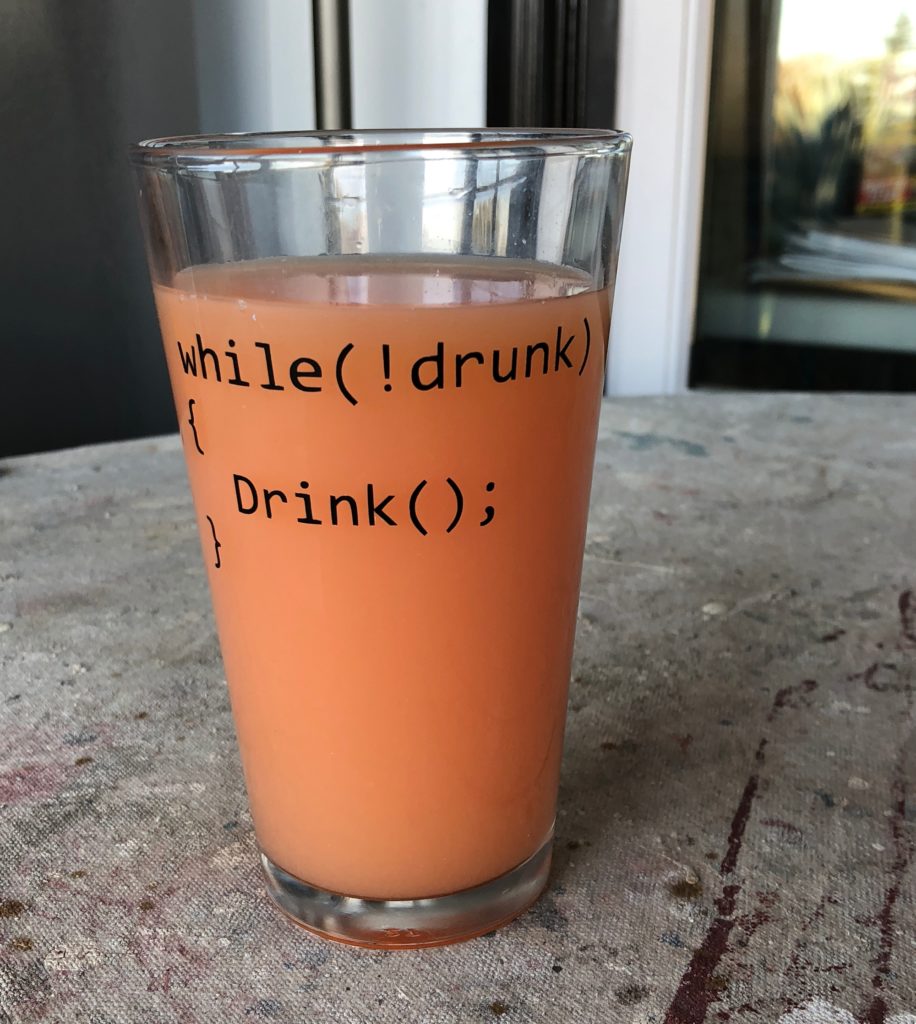“It’s getting better all the time…”
– The Beatles
As the new school year begins my classes are filled again with students, all of them wanting to learn, to improve their understanding of the world, and to develop their skills in a wide variety of areas, from writing essays to shooting free throws to writing computer programs to understanding human history.
Some of them, as part of their desire to improve, also wish to be “the best”in one or more of these areas.
Just to be clear, that’s not something that you get to be, and it’s not healthy to have such a notion even on your radar.
Of course it is *technically* possible to be “the best” at some arbitrarily-defined objective, in some subset of the population. I might be the best physics person in my household, for example, or my friend might be the best miniature golf player.
Running
There is a student I have worked with who is the fastest cross-country runner our school has ever had, and he has certainly developed some of his skills in healthy competition with other students. He continues to develop as a runner in college now, but he doesn’t have any expectation that he’s going to someday be the fastest cross-country runner *in the world*. The pursuit of such a goal would be, for him, distracting from the other opportunities he has in his life, and ultimately fruitless.
Climbing
In an interesting subculture of rock-climbing called “bouldering,” short climbs of subjective difficulty on a natural crag of rock or in a climbing gym are attempted by climbers wishing to improve their skills. A rating system grades these climbs–these “problems”–by difficulty from VB (a very easy climb, equivalent to scaling a ladder almost) to V0, V1, V2, and so on, up to (currently) V15, a problem so challenging that only a very few are able to pull them off after repeated attempts.

One of the wonderful things about bouldering is that there is naturally a focus on improving one’s skill level–“I just succeeded on a V3, I wonder if I can do a V4?”–in a supportive environment, with other climbers offering words of encouragement and, in some cases, spotting the climber to offer safety in the event of a fall. If there’s any competition, it’s a friendly one, perhaps to be the first to accomplish a given problem. There’s not much room for the idea of being “the best” when there’s a problem one crag over that’s twice as hard as what you’ve just completed.
Musicians
The same goes for musicians learning a piece of music. Most of the musicians I know, especially the very good ones, are very humble. They work hard to improve their improvisation, or their performance of a piece of classical music… but “mastery” of performance isn’t possible. No one says “I’ve mastered Beethoven’s ‘Moonlight Sonata’.”
Physics
In my teaching I have the pleasure of teaching physics to very bright students, it’s my role to offer them a sequence of problems which present them with increasingly difficult challenges of their understanding of physics principles. Students who recognize that they have started along a path towards a greater comprehension are able to approach their learning with a more relaxed attitude, and seem to be more receptive to the inevitable setbacks that are a normal part of that process.
One of my students, after getting what she felt was a disappointing score on a physics test, went home to tell her father about it, hoping to get a little sympathy from him. His support, however, wasn’t what she expected. Upon hearing the news he just smiled, put an arm around her, and said, “Now you know you’re studying *real* physics!” He was an engineer, and all too familiar with the struggle that comes with making progress in any challenging endeavor.
Some students don’t yet understand
The whole idea of “life-long learning”—which every teacher I know has whole-heartedly acknowledged and embraced—is not something that some students have internalized yet. But it’s true, and it’s something that high-school students seem to sometimes struggle with, and the brighter the student, the greater the struggle. Accustomed to lapping up the easier challenges of the Lower and Middle School year, an Upper School student may be faced with something that is truly beyond their quick-and-easy mastery for the very first time. It’s a great opportunity for students to come face-to-face with the academic (and personal?) challenges that they will encounter throughout the rest of their lives.
Helping to manage their expectations at these moments is an important part of our teaching job.
“The Pressure”
I was experiencing some academic challenges of my own at one point in my education, and I’d decided to take a little time off from college. My parents, understanding and taking this as a teaching moment, gathered me and my three younger brothers around to make sure that we understood the situation. “We want you all to know,” my father said, “that we don’t necessarily expect that you’re all going to become doctors, or lawyers, or anything else. We just want you to do the best that you can do.”
The three oldest brothers all visible relaxed at this good news. The youngest, Stephen, however, looked grim. “‘The best that I can do?’,” he said to my father. “Boy, you guys really know how to put on the pressure!”
Just do the best that you can do.
No pressure.



